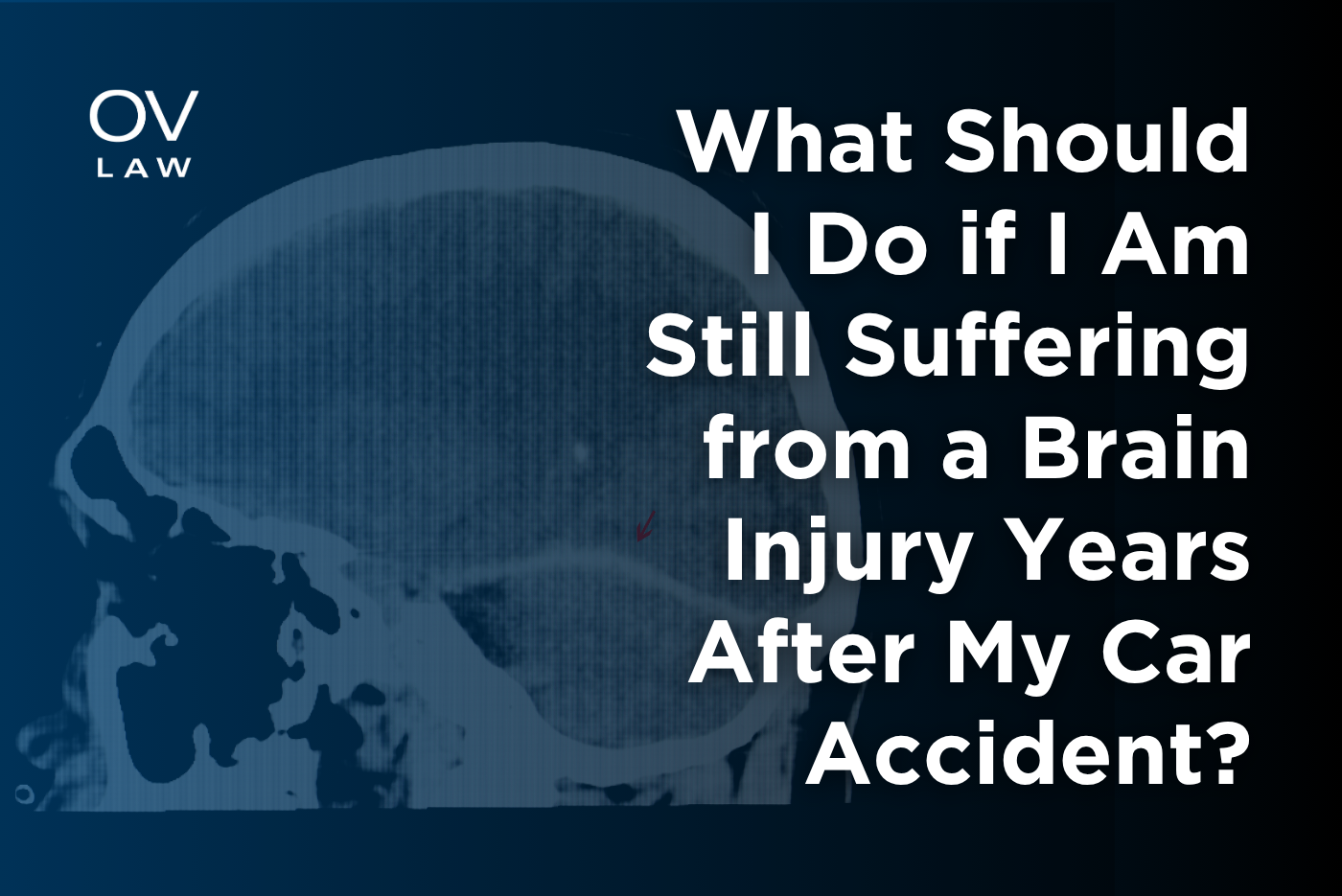What Should I Do if I Am Still Suffering from a Brain Injury Years After My Car Accident?

Timelines are very important in litigation. In Ontario, a person has two years from the date of a car accident to start a lawsuit against an at fault party. This is referred to as a limitation period.
Limitation periods are designed to provide certainty. If limitation periods did not exist, it could result in a multitude of claims being brought when evidence has long since disappeared. For businesses and insurance companies, this certainty can help encourage them to invest or spend money that might have been set aside for legal risks.
However, what happens when someone is still feeling the effects of their injuries years after a collision? Do they have any resources?
The answer is not straightforward. There are circumstances that a limitation period can be extended. This is because limitation periods are based on the concept of discoverability. In essence, when did a person know, or ought to have known, that they had injuries and that those injuries were caused by the collision?
In cases involving obvious orthopedic injuries, there is seldom an opportunity to extend a limitation period. This is because the injury is obvious, as is the cause of the injury.
In cases involving a brain injury, impairment or the fact that a brain injury occurred can be less obvious to an accident victim. For example, a person who was in a collision and did not hit their head might not realize that they had a brain injury. However, this might be discovered by a neurologist at a much later date. In this case, it is arguable that the injured party did not know that they had sustained a brain injury until they received a diagnosis from the neurologist.
If your brain injury was not immediately discovered, you may have an option to pursue accident benefits from your own insurer. This option could remain alive so long as you have a reasonable excuse for the delay, and there is no prejudice against the insurance company.
If you were previously represented by another lawyer, it may be worth investigating whether they appropriately resolved your case given the available evidence. If they did not, there may be an option to pursue damages from your former lawyer.
While every situation is different, suffering a brain injury is a serious event. Contact our office today for a free consultation. We will investigate every available avenue for you to receive the compensation you deserve.
Contributors

The son of a grocery store clerk, Kevin grew up outside of Perth, Ontario. He credits his humble beginnings with the development of his underdog mentality, an approach he has carried into his legal career.
He attended McMaster University for two years before being granted early admission to Osgoode Hall Law School. After being called to the bar in 2008, Kevin began practising law in Hamilton before joining a leading Toronto litigation firm, representing Canada’s largest insurance companies on personal injury actions. “I didn’t find it fulfilling,” Kevin recalls. “I was helping companies save money, when what I wanted to do was help the people going up against these major corporations.” Since joining Oatley Vigmond, Kevin has used his insurance-industry experience to protect his clients and recover the compensation they deserved. He’d been at Oatley Vigmond for two months when he settled a matter for a client at a mediation. “You felt the burden of the litigation, and her injuries, lifting off her. I wanted to help even more people experience the relief of having their uncertainty lifted.’”
